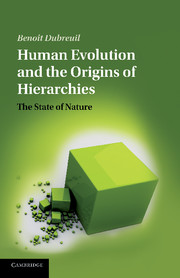Conclusion
Published online by Cambridge University Press: 17 February 2011
Summary
since the early 1990s, the modern state has received considerable attention from political theorists and social scientists. In a context in which discourses on globalization were gaining influence, highlighting the fact that the state was socially constructed, that itwas in some way the outcome of recent historical developments in theWestern world, became a fashionable project in academic circles (Biersteker and Weber 1996; Held 1989, 1995; Walker 1993). Yet simply saying that an institution is socially constructed does not say much about why it exists or about its future prospects. Every institution is socially constructed, in the sense that it depends on the presence of shared expectations about what has to be done.
As I understand it, the naturalist's contribution to the social sciences is neither to deny that institutions are created through somehow contingent historical processes nor to minimize the astounding diversity of present and past social arrangements, but to explain why regularities still exist in human affairs. Institutions are anchored in expectations, which in turn are always defined contextually, and this suffices to explain why human cultural productions are always unique.
- Type
- Chapter
- Information
- Human Evolution and the Origins of HierarchiesThe State of Nature, pp. 227 - 230Publisher: Cambridge University PressPrint publication year: 2010



